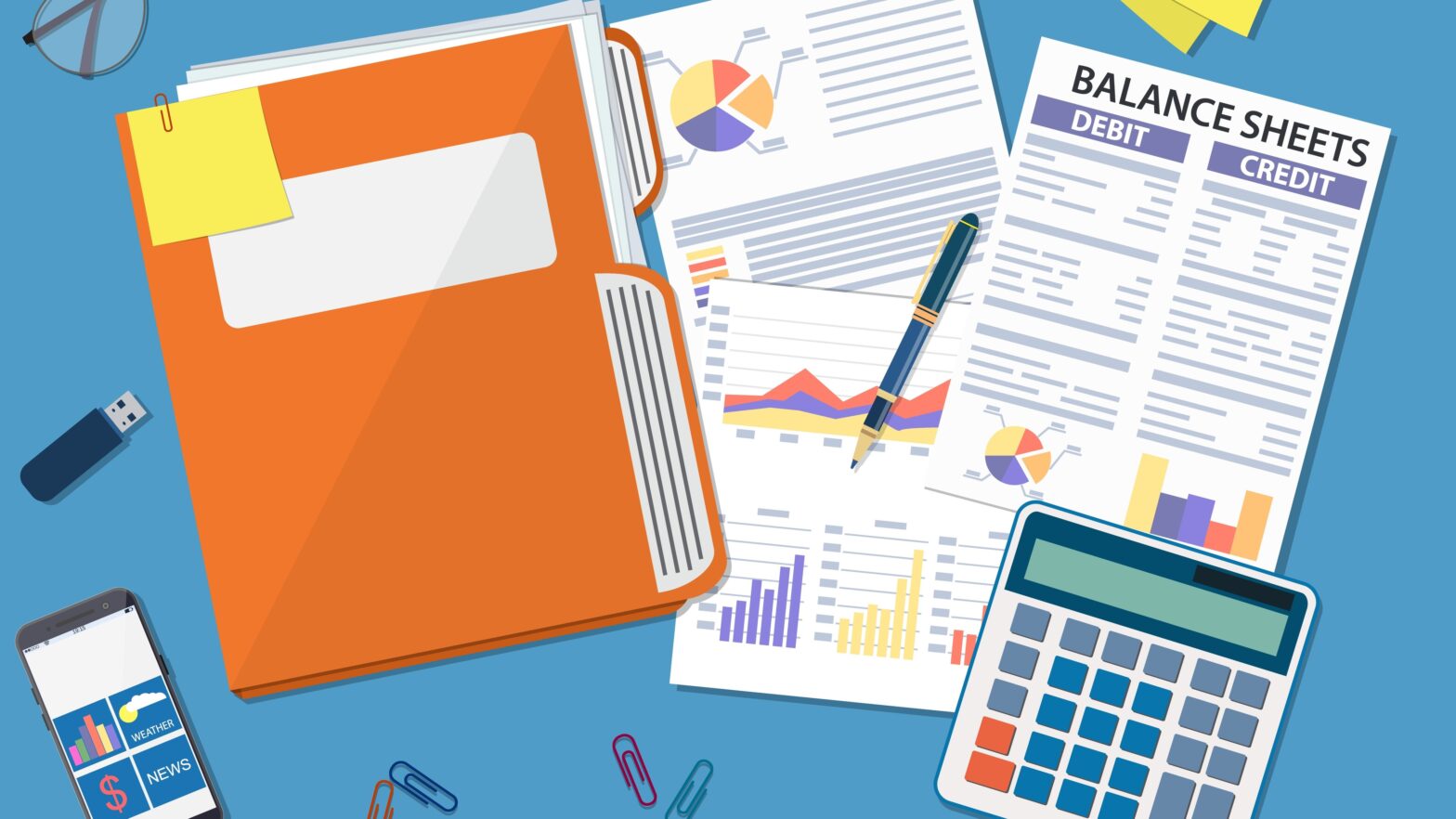The simple answer is no but the difference is that for a limited company the balance sheet is a legal requirement, checked by an external accountant and a matter of public record published at Companies House for anyone with an interest in your business (bankers, lenders, credit checkers, suppliers etc.) to have a look at.
For smaller companies shortened or “filleted” balance sheets can be filed with Companies House but the balancing numbers will remain the same. It’s those numbers which tells you if the business is solvent or not – i.e. can it cover its liabilities (over drafts, loans, suppliers, leases etc.) or not?
>See also: Working from home tax breaks
An accountant will prepare your balance sheet for publication and in doing so will check the validity of the numbers, therefore it has more credibility with bankers, lenders etc, than say a sole trader’s produced inhouse.
‘The fact that a sole trader doesn’t need to legally have a balance sheet it doesn’t mean you shouldn’t put one together’
If you are filing a filleted balance sheet, then you should also be producing and viewing a longer version known as management accounts. These are much more granular, listing all the types of debtors (people and companies who owe you money) and all types of creditors (people and businesses you owe money to such as suppliers, banks, loan companies, PAYE, corporation tax, VAT, etc).
>See also: Claiming back tax
But the fact that a sole trader doesn’t need to legally have a balance sheet it doesn’t mean you shouldn’t put one together and it would be the management accounts version. Knowing the numbers in your business is vital to good management and good decisions.
As well-known business guru Peter Druker once said, “What gets measured gets managed.”
Whether you a sole trader or a limited company, having and reading management account balance sheets will help you focus on increasing your assets and reducing your creditors to improve your net position.
Simon Rigby is the principal of SME Assistance





